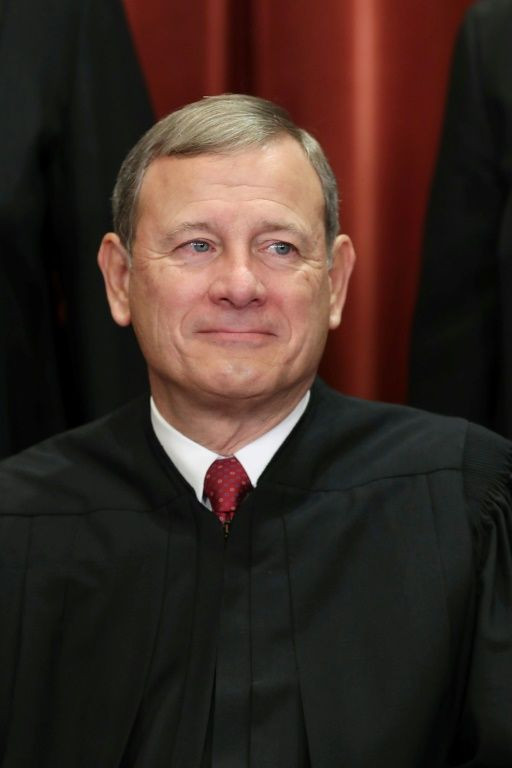Is Separation Of Church And State In Jeopardy? Supreme Court Justices Split On Tax Credit Scholarships For Religious Schools

KEY POINTS
- The Montana Supreme Court ruled the tax credit scholarship program unconstitutional
- The organization formed to handle the tax credit program provided scholarships to 12 religious schools and one secular private school
- Nearly 20 states have similar programs
The U.S. Supreme Court on Wednesday appeared split along ideological lines over whether state tax credits can be used to provide scholarships for religious schools.
The arguments concern a Montana law that was ruled unconstitutional by the Montana Supreme Court.
The high court is being asked to determine whether the law violates the religion clauses or equal protection clause of the Constitution, or whether it can be considered a religiously neutral student-aid program.
In 2017, the high court ruled unconstitutional Missouri’s policy of not providing grants for resurfacing playgrounds at religious schools but emphasized that ruling could not be expanded beyond the facts of that specific case, Scotusblog.com noted.
The Montana Legislature created the scholarship program in 2015, providing a tax credit of as much as $150 for individuals and businesses donating to private scholarship organizations. The Montana Department of Revenue said 90% of the money was going to religious schools and subsequently created a rule that barred families from using the tax-credit scholarships for religious schools.
Blue Sky Scholarships, which was the only organization formed under the law, supported 13 schools, only one of which was not affiliated with a religious organization and handed out 54 scholarships totaling $27,000.
Nearly 20 states have similar scholarship programs, which are supported by school-choice advocates.
The suit was filed on behalf of three low-income mothers who said they were counting on the scholarship money to be able to keep their children in religious schools.
The Montana Supreme Court ruled the law violated the state constitution because “religious education is a rock on which the whole church rests,” likening the scholarship program to a direct donation to a church.
The plaintiffs claimed the rejection amounted to discrimination against the Catholic church.
In Wednesday’s arguments, Justice Elena Kagan asked Richard Komer, who is representing the Montana families, to explain how invalidating the student aid plan injured his clients given that it affected both secular and religious schools.
"I'm having trouble seeing where the harm is in this case," Kagan said. "There is no discrimination going on at this point, is there?"
Justice Brett Kavanaugh noted the rule against providing aid to religious institutions was enacted in 1888, a time when anti-Catholic sentiments were rampant.
“They’re certainly rooted in grotesque religious bigotry against Catholics,” Kavanaugh said.
The provision, however, was readopted in 1972.
Chief Justice John Roberts likened the rule to closing a swimming pool because too many black people were using it.
“How is that different from religion?” he asked the attorney representing the state.
(Espinoza v. Montana Department of Revenue, 18-1195)
© Copyright IBTimes 2024. All rights reserved.






















